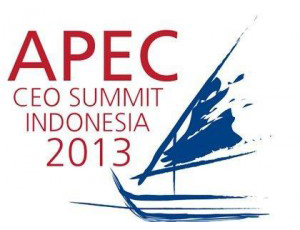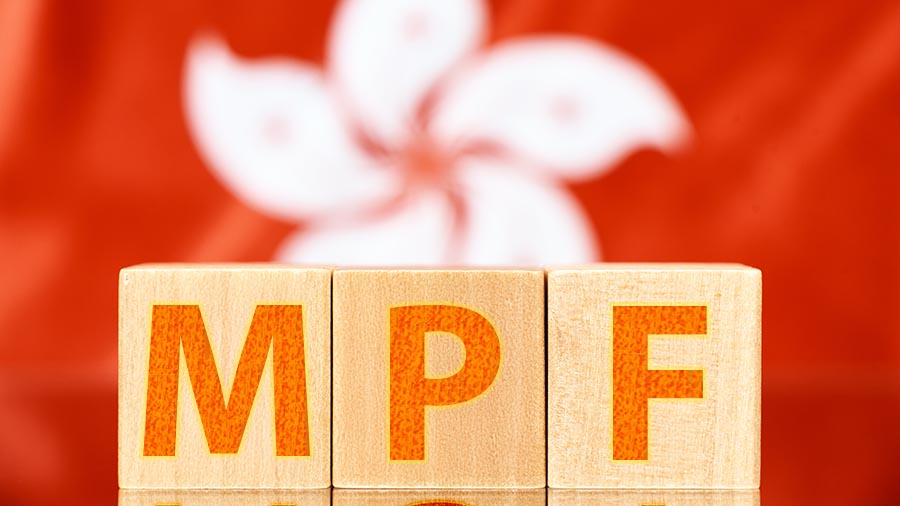APEC for China-Based Businesses – The Key Takeaways
Op-Ed Commentary: Chris Devonshire-Ellis
 Oct. 10 – Attending meetings such as the APEC CEO Summit is always useful, although perhaps to the outside observer they may appear occasionally banal. Certainly Obama’s no-show at this year’s event generated more headlines than were actually merited in terms of what actually happened at the event. The issue with meetings such as APEC is that they are part of an ongoing process of multinational trade evolution, not a big bang event of instant change. So what did we learn from this year’s summit?
Oct. 10 – Attending meetings such as the APEC CEO Summit is always useful, although perhaps to the outside observer they may appear occasionally banal. Certainly Obama’s no-show at this year’s event generated more headlines than were actually merited in terms of what actually happened at the event. The issue with meetings such as APEC is that they are part of an ongoing process of multinational trade evolution, not a big bang event of instant change. So what did we learn from this year’s summit?
China will overtake the United States as the world’s largest economy
Well we all kind of know this, but we can put a date on it. By 2020, China’s share of global GDP will be 18 percent, and the U.S. share will be 17.5 percent. That will be the first time in 200 years that a non-Western economy has been the world’s largest. Bragging rights will shift alongside some attitude and perception changes.
China is going to be spending big on Asian infrastructure
I covered this in some detail yesterday, but China’s Sovereign Wealth Fund and its many state-owned enterprises are concentrating on Asia. To truly maximize its potential and wealth development, Asia now takes priority over Europe and the United States. Something to think about if you were expecting large amounts of Chinese money to start turning up in the West. This isn’t going to happen.
China needs the United States & the United States needs China
China will continue to need to purchase American know-how, innovation and equipment. The United States needs a growing market to sell to. China will expand its middle class to 600 million by 2020. Asia will expand its middle class to 1.75 billion at the same time.
Asia needs infrastructure – big time
China and Asia (think Malaysia, Indonesia, Philippines and Vietnam) all need to purchase infrastructure products to improve production to make stuff the rest of the world wants to buy. By 2030, China will overtake the United States as the world’s largest recipient of imported equipment for infrastructure related to production (e.g. robotics). India will overtake the United States to be the world’s largest recipient of imported infrastructure equipment for domestic builds (roads, rails, ports). This trend is happening now and will grow at 9 percent annually over the next 15 years.
Japan will have significant influence on eco-power
The Japanese have always been fast learners and innovators, and the tragedy of Fukushima has not been lost on them. They are already developing next-generation power plants that put out far more efficiency. You can expect Japan to take the lead in eco-friendly and alternative fuel technologies.
Tariffs will continue to come down
Protectionism will continue to be eroded and trade barriers will continue to fall, especially across the ASEAN & APEC regions. More tariff reductions will be given to environmentally-friendly products however, and the use of rain forests and other areas of natural vitality will lessen in the face of fiscal punishments for governments that pollute.
So there you have it. No big announcements of any major deals, but at events like APEC, that is never going to happen as that is not what it does. But as confirmation of a blueprint that China, Asia, India and the United States are all going to be OK, I’m very happy to settle for what I learned.
Editor’s Note: China-APEC Event Tonight (Oct. 10) in Shanghai
Chris returns from the APEC 2013 Summit with fresh insights on doing business in Asia and is speaking at an exclusive event this evening (Oct. 10) in Shanghai. Readers are welcome to attend. Details as follows:
The latest meeting of the Asia Pacific Economic Cooperation (APEC) has just concluded in Bali, Indonesia. China’s President Xi Jinping was in attendance, as well as leaders from South Korea, Japan, Russia and several ASEAN member states including Indonesia, Thailand and the Philippines. Dezan Shira & Associates’ Founding Partner, Chris Devonshire-Ellis will share the latest trade and economic developments discussed at the Summit during his presentation this evening on ASEAN at the Intercontinental in Pudong in association with the German Chamber of Commerce.
The Association of Southeast Asian Nations (ASEAN) will have a Free Trade Agreement with China go into effect in 2015. Additionally, their economies are experiencing a large growth in GDP and consumer spending. How can international businesses, especially those already in China, benefit from these developments? How do ASEAN countries today compare to China 20+ years ago? Where are the new consumers in Asia to be found, and what are they buying? What incentives do these countries offer foreign investors? What is the special role of Singapore as a financial hub? Chris Devonshire-Ellis will answer these questions and more with insider information from the APEC 2013 Summit.
Following a 26 year career in Asia and 20 years in China, Chris is now based in Singapore. He is responsible for the development of the practice in Singapore and India and advises clients on the changing opportunities available in the ASEAN region.
Seminar Details
Date:
- Thursday, October 10, 2013, 6:30 p.m.
Agenda:
- 6:30 p.m. – Registration
- 7:00 p.m. – Presentation
- 7:45 p.m. – Q&A
- 8:20 p.m. – Buffet Dinner & Networking
Cost:
- Members of the German Chamber of Commerce and DUSA – 170RMB
- Non-members – 250RMB
Venue:
- Shanghai, China – InterContinental Pudong, 777 Zhangyang Lu
RSVP:
- For more information on this seminar, please contact Mary Field at mary.field@dezshira.com.
Dezan Shira & Associates is a specialist foreign direct investment practice providing corporate establishment, business advisory, tax advisory and compliance, accounting, payroll, due diligence and financial review services to multinationals investing in emerging Asia. Since its establishment in 1992, the firm has grown into one of Asia’s most versatile full-service consultancies with operational offices across China, Hong Kong, India, Singapore and Vietnam as well as liaison offices in Italy and the United States.
For further details or to contact the firm, please email china@dezshira.com, visit www.dezshira.com, or download the company brochure.
You can stay up to date with the latest business and investment trends across Asia by subscribing to Asia Briefing’s complimentary update service featuring news, commentary, guides, and multimedia resources.
Related Reading
Xi Jinping: China Cannot Develop Without Asia-Pacific
APEC Leaders Agree on Multilateral Trade Improvements
The Importance of APEC to China
China’s Outbound Investment – It’s Going into Asian Infrastructure Development
Trans-Pacific Partnership Agreement By Year End?
APEC Growth to Be over 6 Percent, Similar to China
Which Way Is The Asian Wind Blowing?
APEC Re-Invigorates Full Free Trade Pact By 2020
The APEC Maritime Elephant – Dealing with the Spratlys
India Appeals for APEC Membership
- Previous Article China Clarifies Issues Regarding Cross-Border RMB Settlement by Foreign Investors
- Next Article Shanghai Free Trade Zone: International Finance is Hesitant




























